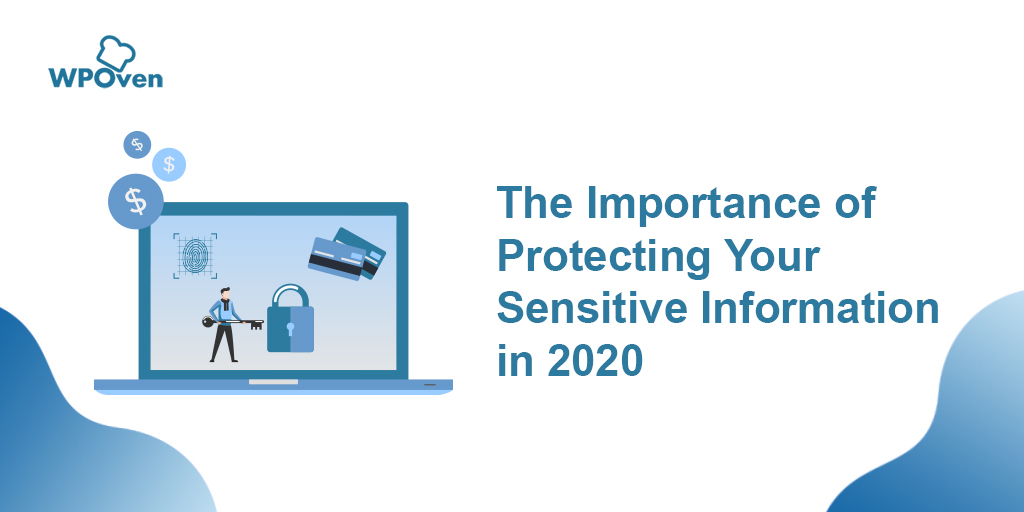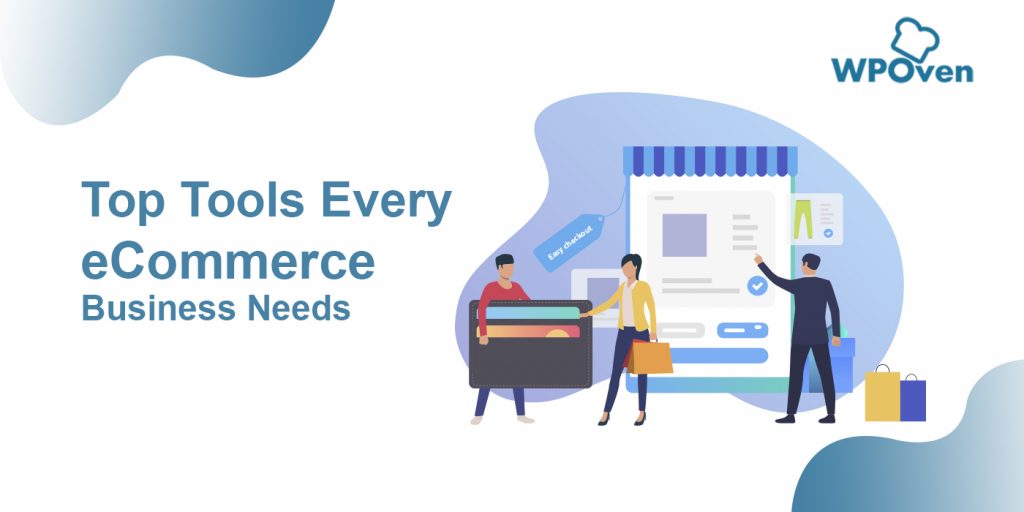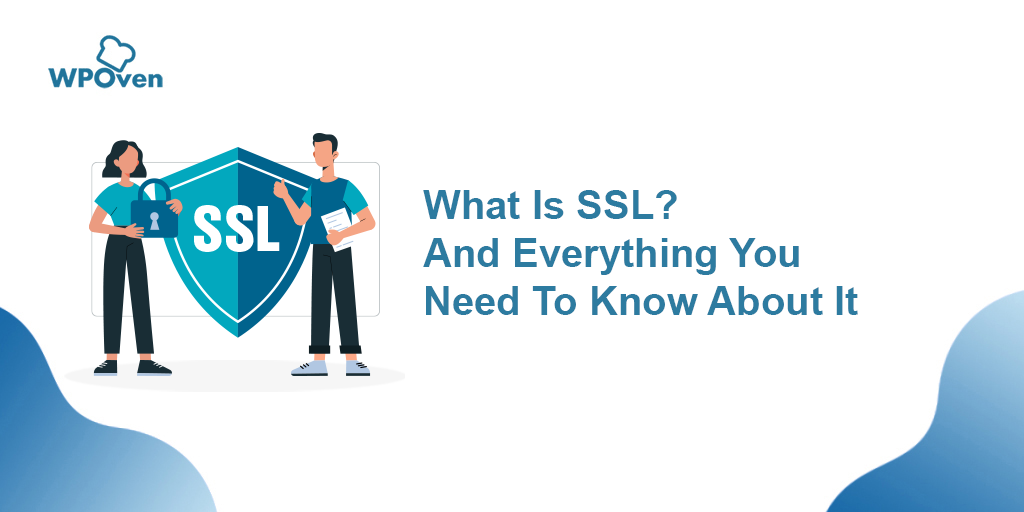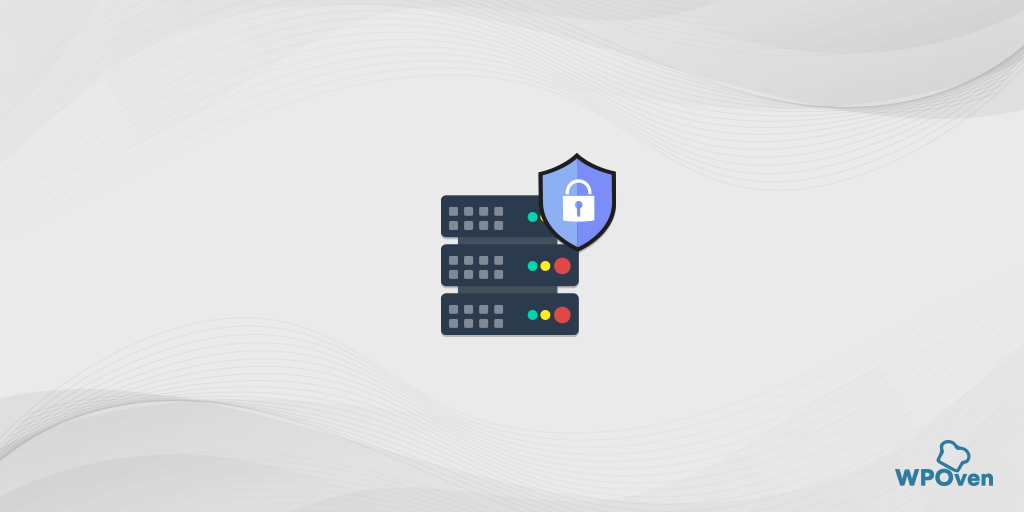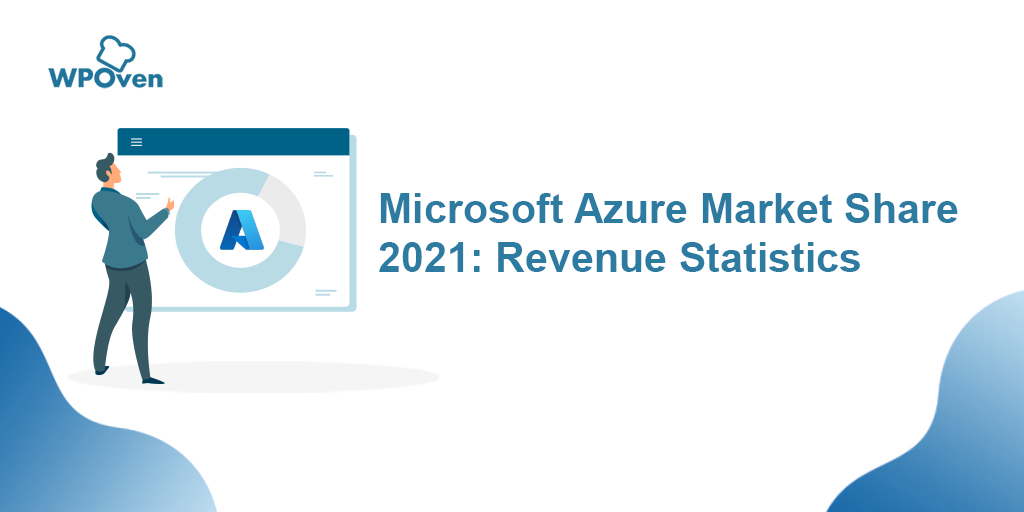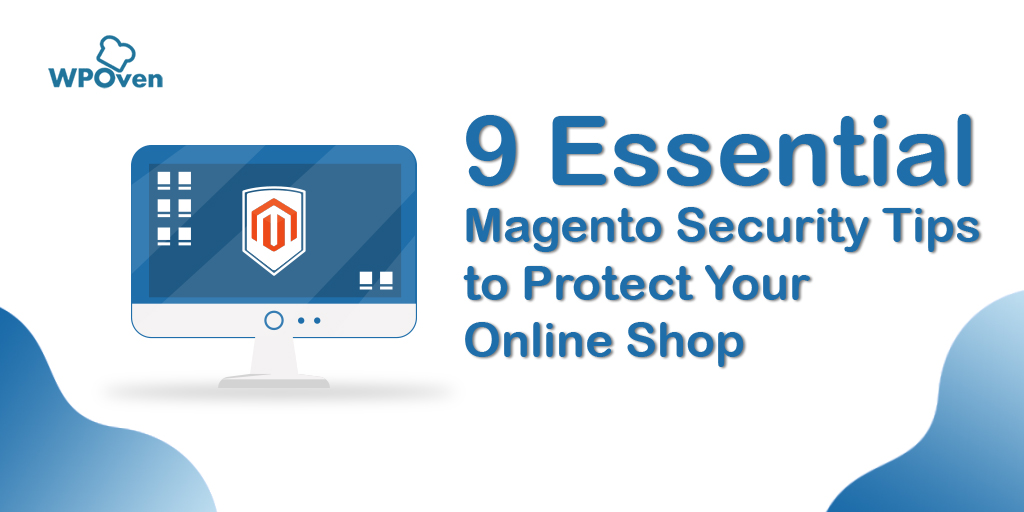Every company has sensitive information that hackers are after. Almost any kind of information regarding a business, their clients or customers and business dealings can be sold on the black market. However, each year technology becomes more sophisticated and cybersecurity measures get an improvement.
A lot of business owners believe that they don’t have to worry too much now that security has gotten an upgrade. What most people fail to realize is that as technology improves so do hacking attempts. Hackers improve their skills and they can use the same technology to breach security.
In other words, you can’t let your guard down, no matter how efficient your cybersecurity measures might be. In addition, data breaches are becoming more frequent each year. Therefore, it’s more and more important to protect your sensitive information.
The best thing you can do is keep adding layers upon layers of security that will prevent data breaches, as well as be ready to face such hacking attempts once they happen. With that in mind, here are a few reasons why protecting your sensitive information is as important as ever in 2020.
Everyone Is A Potential Target
The majority of business owners lack proper security measures because they strongly believe that their company won’t be a target. After all, hackers are after big brands and enterprises, right? Unfortunately, that’s not true.
Every business, no matter how small or big it may be, is a potential target. Take small businesses in the eCommerce sector for example. Such businesses, although small, process a lot of sensitive information about their customers on a daily basis.
The information they have includes addresses, credit and debit card information, phone numbers, emails, etc. As mentioned before, every bit of information is valuable and it can be sold, which makes it sought-after by cybercriminals. Protecting such data is also important for protecting your business, your reputation and, of course, your customers.
Emerging Risks
Regardless of how good your cybersecurity measures are and how strong your data breach prevention may be, hackers will try to find a way to bypass your defenses. If they can’t handle your security, they will try to find and exploit a vulnerability you missed and left unattended. In other words, there’s always a back door somewhere.
The risk of such vulnerabilities is increasing each year and most of them come from within your company. Everyone is trying to prevent external threats but what about the internal ones? For example, your employees are focused on their jobs and aren’t really aware of cybersecurity threats.
Nowadays, the popular trend in modern offices is to allow employees to bring their own devices to work, as well as use the company network to browse the web. You can imagine how risky this is as there are plenty of devices that are a potential vulnerability and can easily be used to breach your security.
In such cases, you can always use reliable web filter solutions to prevent employees from accessing malicious websites and from downloading malicious software. However, the best thing you can do is to educate employees of the potential dangers lurking in the online world.
Poor Practices
The majority of companies and their owners fail to realize the importance of protecting sensitive information, as well as how vulnerable that information actually is. Simply opting for security software isn’t enough to properly protect your information in most cases.
As many companies undergo a digital transformation, they fail to implement proper data protection policies. For example, your files, documents, and folders have been digitized since you’ve opted for a paperless office. However, did you implement policies about how those digitized files should be stored? Moreover, are there strict company policies about who can access, alter or delete those files?
These are the things that are commonly overlooked. Protecting sensitive information is so much more than preventing data breaches. It means assessing the risks from any source and mending the weaknesses throughout your entire company and its network.
Lack of Monitoring
Protecting sensitive information is, in fact, an ongoing process. You can’t do what’s needed once and you’re set for life. It simply doesn’t work that way. As mentioned before, technology evolves and hacking attempts to evolve alongside it.
Software solutions and policies become obsolete and you must constantly strive to upgrade everything. Lack of monitoring of cybersecurity measures is, therefore, one of the biggest concerns today. A lot of companies neglect penetration testing and vulnerability assessments.
They also neglect further educating their employees regarding new threats. Oftentimes, this is because of the financial reasons as investing insecurity is a major overhead for most of the companies, especially small ones.
However, the costs of a data breach are far more extensive than the costs of investing in proper security or being vigilant about it. If you really want to protect your sensitive information, you’ll have to make upgrading and updating security measures your top priority each year.
It’s no secret that protecting sensitive information becomes more challenging for businesses each year. The main reason is that cyber criminals become more adept at breaching security and exploiting potential weaknesses. However, that doesn’t mean you should give up on security. With the right strategy in place, you can manage to keep your information safe from such criminals.
Lauren is a regular Bizzmark Blog author that has many articles published with the main focus on clients who want their brands to grow in the fast-changing and demanding market. Her personal favorites are successes of small businesses, startups, and entrepreneurs. She goes through life with one strong moto – Kindness, always.

Snehil Prakash is a WordPress enthusiast and web development expert who previously served as the Marketing Manager at WPOven. He believes that business owners should spend their time investing in their core business missions, not setting up and maintaining a WordPress site.
Snehil has been instrumental in providing all-inclusive managed WordPress solutions to businesses of all sizes, ensuring that they have the resources they need for a robust online presence.

